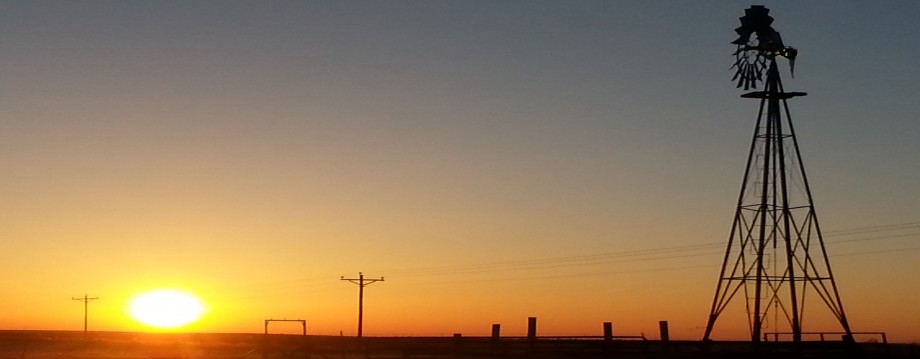
The smallness of the Reformed/Presbyterian community of churches in comparison to the larger evangelical American context is largely a consequence of a failure to plant and maintain churches among those Scot-Irish Presbyterians who settled in the Appalachian mountain chain and kept heading west from there. It’s no secret that the Presbyterians lagged far behind the Baptists and Methodists, not to mention new groups like the Cambellites, in planting churches where people had settled in the west. They saw the problem, and tried to remedy it by forming a Plan of Union with their Congregationalist cousins to the north for planting churches in the West. It didn’t work. Perhaps nothing more could be done.
It’s just that the Presbyterian/Congregationalist emphasis on an educated ministry slowed the rate of growth on the frontier based on the number of licentiates that were available. Meanwhile the Baptists and Methodists would find a young man with gifts, give him a Bible, two or three more books, and send him on a horse off to preach wherever he found people who would listen. Who could compete with that speed and agility and maintain doctrinal integrity?
If you trace the areas where the Scot-Irish and their descendants (who were almost all Presbyterian in the beginning) settled first in America, and shaped the culture that newcomers would find and assimilate into, it extends from western Pennsylvania down to the western Carolinas, and west from there through southern Ohio, south Indiana, sKentucky, Tennessee, Missouri, Arkansas, South Kansas, and the North Texas Hill Country. Not to mention that these people were dominant in the initial settlements all over the far west extending to eastern Oregon. Now imagine if the dominant Christian churches over this vast region were Presbyterian.







